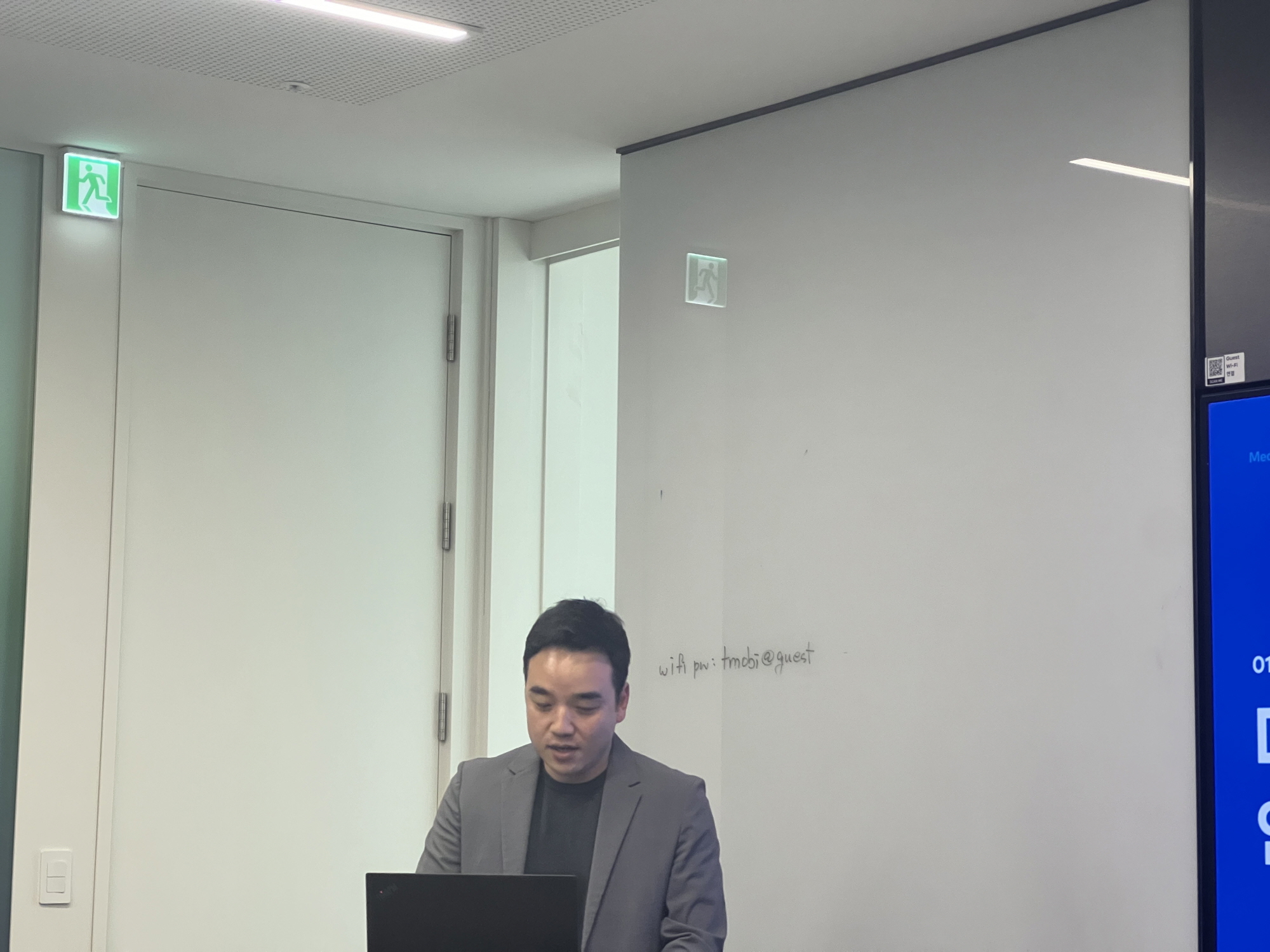
We understand the context of user behavior beyond the results of commands. Through AI, we provide the functions and information that drivers need, offering complex services that revolve around mapping. This is the competitiveness of Tmap Auto.
Tmap Mobility held a forum on April 2nd in their Seoul office, focusing on ‘The NEXT CONCEPT of Tmap Auto’. During the presentation, Park Seo-ha from Data Innovation projected that the car infotainment market will become a massive market worth 850 trillion won by 2030 and highlighted three core capabilities of Tmap Auto: contextual understanding, proactivity, and map portal.
Regarding contextual understanding, Park explained, “We go beyond merely executing a single command; we understand the context inferred from actions.” For example, providing additional information from different domains, offering infotainment that satisfies complex needs, rather than just simple navigation guidance.
The proactive approach learns driver habits and behavior patterns to provide the information the driver needs. The map portal meets user needs by focusing on real-time traffic information, routes, and places of interest.
Tmap Auto, which understands context and learns proactive patterns, evolves into a more sophisticated AI that anticipates what the driver will do next. Tmap boasts a database of over 20 million users, making it a strategic partner for global automotive makers like Mercedes-Benz and BMW. In addition, it offers personalized and context-aware services based on more than 20 million user data points and 5 million place information entries.
In the Software Defined Vehicle (SDV) environment, Tmap Auto is designed for continuous service updates and enhancement, all of which are achievable through an OTA (Over The Air) update structure.
Navigation via Tmap is also possible through Apple CarPlay and Android Auto. However, there is a significant difference. The disparity in dynamic data collected from vehicles is substantial. Park clarified this: “Electric vehicles equipped with Tmap Auto can calculate real-time data on power consumption and remaining battery levels to prioritize charging station routes, while standard CarPlay or Android Auto cannot provide such information.”
As Tmap Auto engages in pattern learning, we look forward to its next stage of evolution.
Lee Sang-jin daedusj@autodiary.kr

